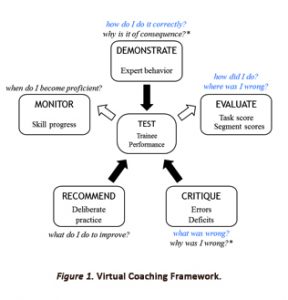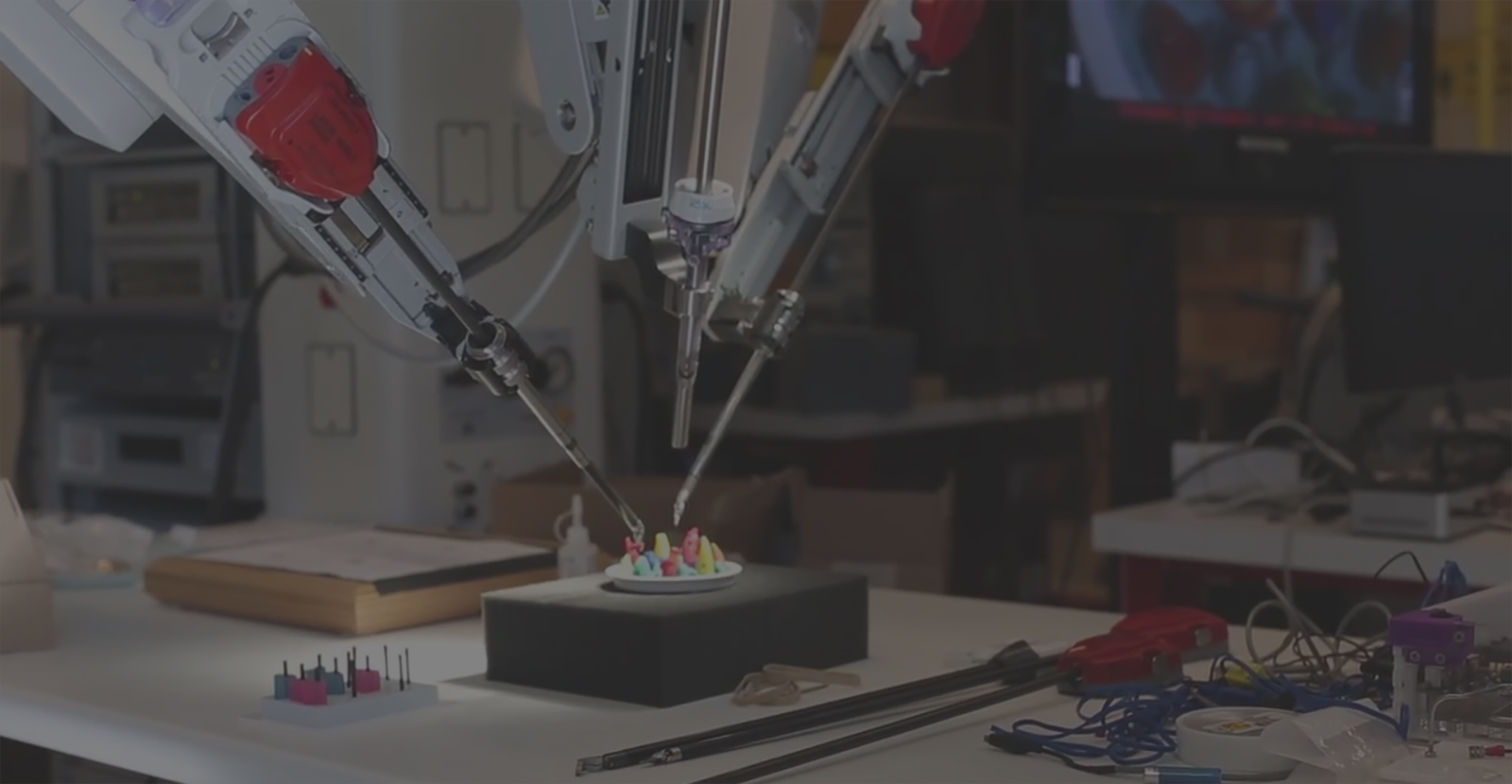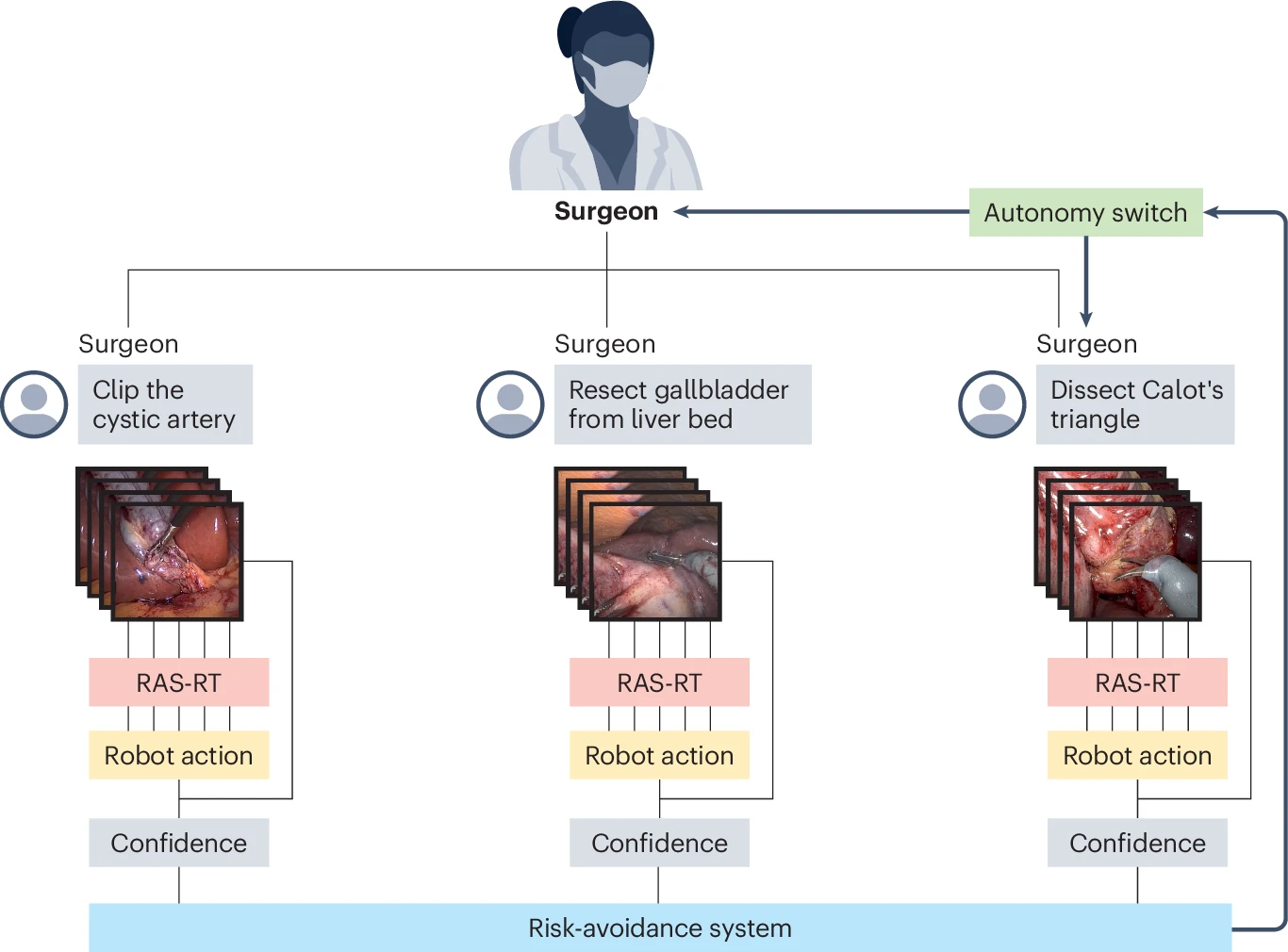Johns Hopkins University and Kennedy Krieger researchers use a new racing game to shed light on how children with autism... Read More
Researchers
John Krakauer
Jeffrey H. Siewerdsen
Related Projects
Hand Dexterity Rehabilitation
Recent studies show that hand dexterity and strength recover mostly within the first three months after stroke, and that these two critical components of hand function are supported by separate biological systems. However, in most stroke patients, dexterous hand function does not fully recover with the standard rehabilitation therapy. These...
Surgical Coaching
 Surgery is a prototype for contexts in which human learning can be significantly transformed with technology. Besides transforming patient care, technological advances are now beginning to play an increasingly central role in graduate surgical education. Several factors are driving this transformation, including...
Surgery is a prototype for contexts in which human learning can be significantly transformed with technology. Besides transforming patient care, technological advances are now beginning to play an increasingly central role in graduate surgical education. Several factors are driving this transformation, including...
Upper-Limb Prosthetics
Substantial progress has been made in the control of myoelectrically driven upper-limb prosthetics, which has improved the quality of life for many amputees. However, one of the biggest complaints that amputees still have about these commercially available prosthetics is the lack of tactile feedback. Tactile feedback is crucial not only...
Related News
Multimodal training promises smarter, safer robotic surgery.... Read More
A breakthrough training system utilizing imitation learning opens a “new frontier” in medical robotics.... Read More
A Johns Hopkins briefing explores the evolving role of robotics and artificial intelligence in surgery.... Read More




